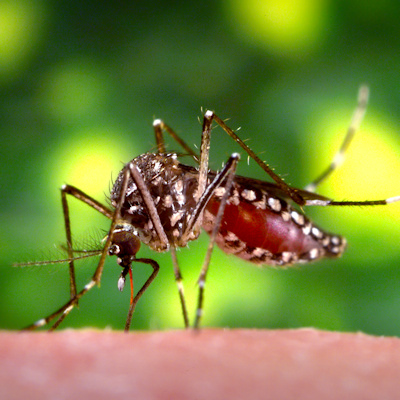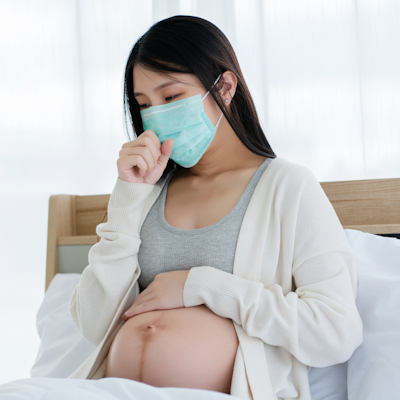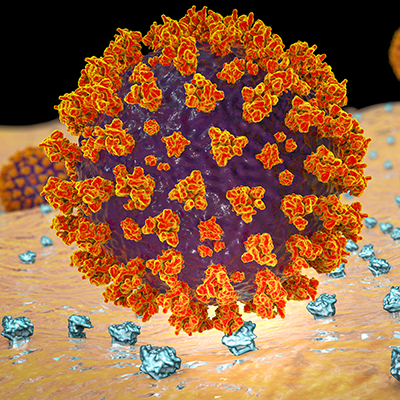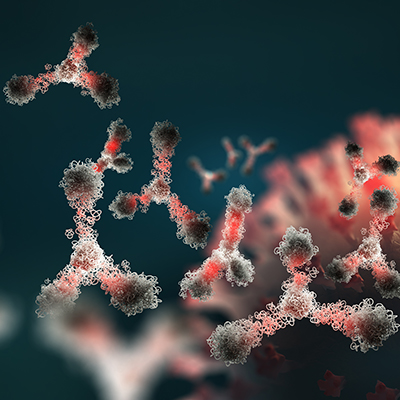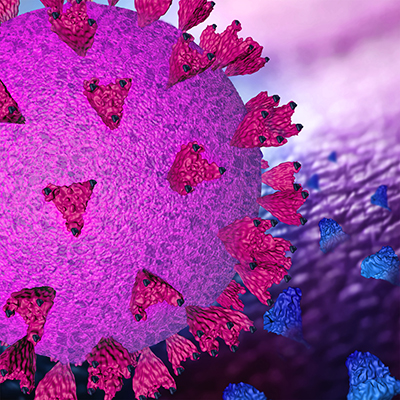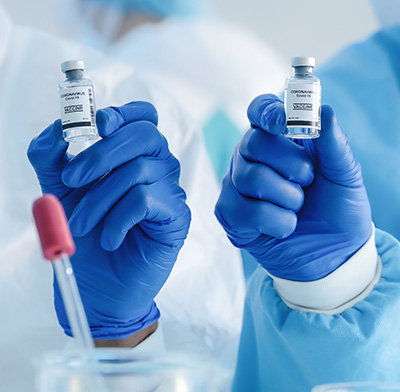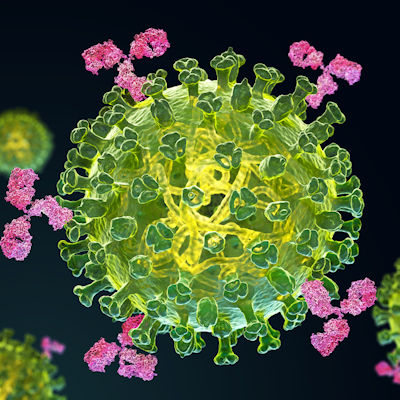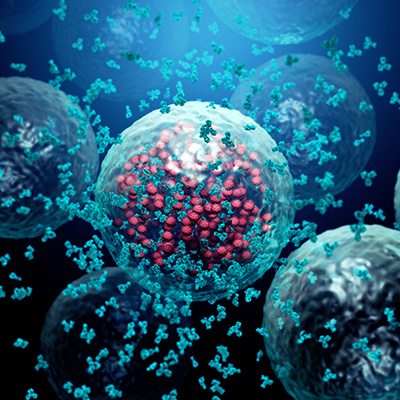January 13, 2023 -- University of Florida researchers have provided additional evidence that the breast milk of mothers vaccinated against COVID-19 helps protect infants too young to receive the vaccine. The findings, published January 12 in the Journal of Perinatology, found SARS-CoV-2 antibodies in the stool of infants who consumed this breast milk.
Previous studies showed that the breast milk of vaccinated mothers contained antibodies against SARS-CoV-2, the virus that causes COVID-19, but did not establish whether those antibodies were getting through their babies' gastrointestinal tract and providing protection.
Using a neutralization assay technique, the researchers isolated antibodies from the infants' stool and added them to a special line of cells containing receptors that the SARS-CoV-2 virus uses to enter cells. They then introduced a SARS-CoV-2 pseudovirus, which acts like the real virus but is safer for laboratory use. The pseudovirus is fluorescent; when it binds to a cell, the cell lights up.
When antibodies were present, fewer fluorescent cells were seen compared with controls containing no antibodies. While the SARS-CoV-2 virus is often thought to mainly affect the lungs, it can also invade the gut -- thus, finding antibodies in digestive products is significant. Researchers hypothesize that antibodies ingested in breast milk may provide a protective coating in the infants' mouths and gastrointestinal tract, generally "running interference" and preventing the virus from getting to the cells.
They concluded that the presence of SARS-CoV-2-specific antibodies in infant stool following maternal vaccination offers further evidence of the lasting transfer of these antibodies through breastfeeding, and may offer some measure of protection against the virus. Since children under six months of age cannot currently receive the vaccine, breast milk may be their only avenue for receiving immunity.
The study also measured and tested antibodies found in the mothers' blood plasma and breast milk soon after vaccination, and then again about six months later. The researchers found that the antibodies in the plasma and milk of newly-vaccinated people were better able to neutralize the virus; antibody levels decreased at the six-month mark, but remained higher than pre-vaccination levels.
As only 37 mothers and 25 infants participated in the study, larger studies are called for. However, the study adds to a growing body of research on how COVID-19 vaccination during pregnancy and breastfeeding may be protective for both parent and child.
"In our research, we're following the journey of the antibodies, from the time they are produced in mom after vaccination and now through the baby's digestive system. The next question is whether those babies are less likely to get COVID-19," noted University of Florida College of Medicine neonatology professor and coauthor Dr. Josef Neu in a statement.
Copyright © 2023 scienceboard.net

